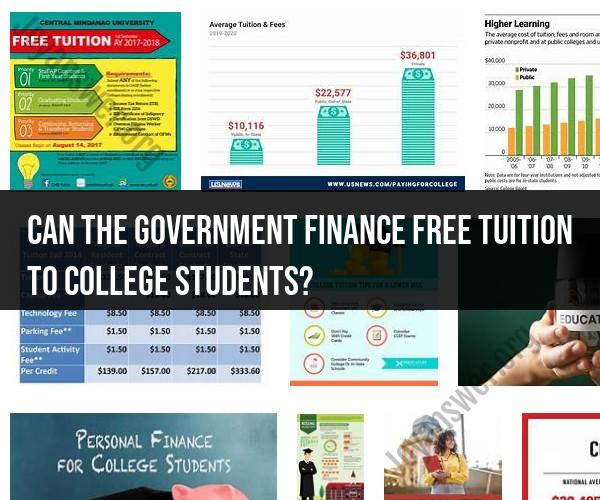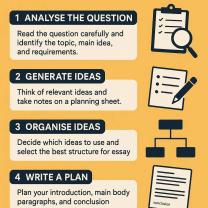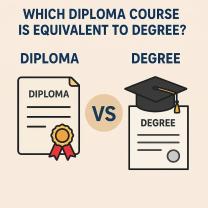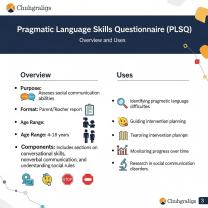Can the government finance free tuition to college students?
The feasibility of government-funded free college tuition is a complex and debated issue that depends on various factors, including a country's economic resources, political will, and education system. It's important to note that different countries may have different approaches and experiences regarding free college tuition. Here are some key considerations:
Feasibility Factors:
Economic Resources: The feasibility of providing free college tuition depends on a country's economic capacity. Governments need to assess whether they can allocate the necessary funds without causing financial instability or compromising other essential services.
Education System: The structure and size of the higher education system play a role. Providing free tuition for all students in large and diverse systems can be more challenging than targeting specific groups or institutions.
Funding Mechanisms: Governments can finance free college tuition through various mechanisms, including taxes, government revenue, endowments, and public-private partnerships. The feasibility depends on the chosen funding approach and its sustainability.
Eligibility Criteria: Some countries with free college tuition programs have eligibility criteria based on income, academic performance, or other factors. These criteria can help manage costs and target assistance to those who need it most.
Political Will: The commitment of policymakers to prioritize education funding is a crucial factor. Political decisions and public support influence the feasibility of implementing and maintaining free tuition programs.
Implications:
Increased Access: Free college tuition can improve access to higher education, reducing financial barriers and making education more inclusive. This can lead to a more educated workforce and greater social mobility.
Budgetary Impact: Funding free tuition programs requires a significant financial commitment from the government. It can impact other areas of the budget, such as healthcare, infrastructure, and social services. Governments must carefully balance these priorities.
Quality and Resources: Ensuring that free college tuition does not lead to a decline in the quality of education is essential. Adequate funding and resources are needed to maintain high academic standards.
Administrative Challenges: Implementing and managing free tuition programs can be administratively complex. This includes determining eligibility, allocating funds, and addressing issues like overcrowding in popular programs.
Economic Benefits: Advocates argue that a highly educated workforce can boost a country's economic competitiveness and innovation. However, the economic impact may take years to materialize fully.
Social Equity: Free college tuition can promote social equity by reducing disparities in access to higher education. It can benefit lower-income individuals who might otherwise be deterred by high tuition costs.
Cost-Benefit Analysis: Governments often conduct cost-benefit analyses to assess the long-term benefits of investing in higher education compared to the costs of implementing free tuition programs.
It's important to recognize that no one-size-fits-all approach exists, and the feasibility and implications of government-funded free college tuition can vary widely from one country to another. Careful planning, budgeting, and ongoing evaluation are essential for the success of such programs. Additionally, policymakers must consider the specific needs and context of their country when exploring the feasibility of free college tuition.
The feasibility of free college tuition is a complex issue with no easy answers. There are a number of factors to consider, including the cost of providing tuition-free education, the impact on students and families, and the potential benefits to society as a whole.
The Cost of Free College Tuition
The cost of providing tuition-free education would be significant. According to a study by the College Board, the average cost of tuition and fees for a four-year public university in the United States was $27,330 for the 2022-2023 academic year. The cost of tuition and fees for a four-year private university was significantly higher, at $38,070.
To provide tuition-free education to all students, the government would need to raise a significant amount of money. This could be done through a variety of means, such as raising taxes, cutting spending on other programs, or borrowing money.
The Impact on Students and Families
Free college tuition would have a significant impact on students and families. Students would no longer have to worry about the burden of student loan debt. This would allow them to graduate from college with less debt and start their careers sooner.
Free college tuition would also make college more affordable for families. This would allow more students to attend college, regardless of their family's income.
The Potential Benefits to Society
Free college tuition could have a number of potential benefits to society as a whole. A more educated workforce could lead to increased economic productivity and innovation. Additionally, free college tuition could help to reduce income inequality and social mobility.
Conclusion
The feasibility of free college tuition is a complex issue with no easy answers. There are a number of factors to consider, including the cost of providing tuition-free education, the impact on students and families, and the potential benefits to society as a whole.
It is important to weigh the pros and cons of free college tuition carefully before making a decision about whether or not to support it.
Here are some additional thoughts on the feasibility of free college tuition:
- One way to make free college tuition more feasible would be to focus on providing it to students from low- and middle-income families. This would help to reduce the overall cost of the program and ensure that it is targeted to students who need it most.
- Another way to make free college tuition more feasible would be to require students to work part-time or complete community service in exchange for tuition assistance. This would help to offset the cost of the program and teach students important skills.
- It is also important to consider the impact that free college tuition would have on the quality of education. If the government is simply paying for tuition without making any changes to the way that colleges are funded or operated, then it is possible that the quality of education could suffer.
Overall, the feasibility of free college tuition is a complex issue with no easy answers. However, there are a number of ways to make it more feasible, such as focusing on providing it to students from low- and middle-income families, requiring students to work part-time or complete community service in exchange for tuition assistance, and considering the impact that free college tuition would have on the quality of education.













